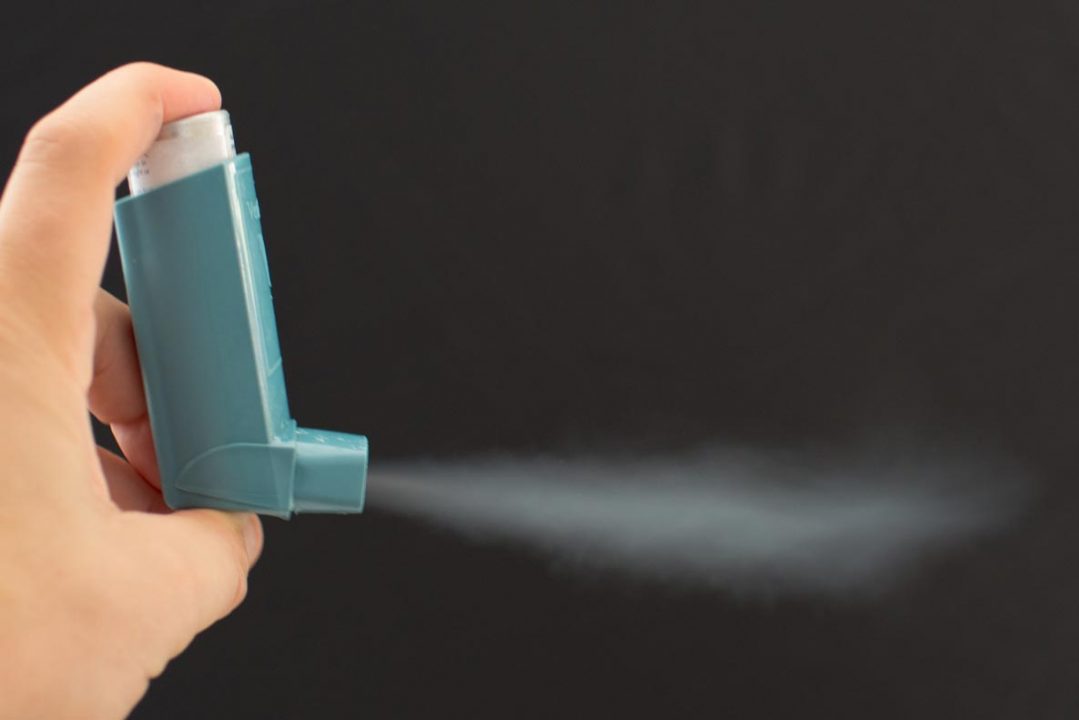Advertisment
Inhaler misuse leads to mismanagement of COPD symptoms, increased exacerbations

Inhaler misuse leading to inadequate medication delivery impacts a person’s ability to manage symptoms of chronic obstructive pulmonary disease (COPD), and additional education about proper inhaler use is needed to improve health outcomes, according to two new articles. The articles are published in the July 2024 issue of Chronic Obstructive Pulmonary Diseases: Journal of the COPD Foundation, a peer-reviewed, open-access journal.
COPD comprises several conditions, including chronic bronchitis and emphysema, and can be caused by irritants like smoke or pollution and genetics. The disease affects more than 30 million Americans, yet awareness of the disease’s symptoms, methods to reduce risk, and disease management remains poor. Symptoms, which include breathlessness, fatigue, and chronic cough, are primarily treated using inhaled medications.
In a new study, “Prevalence of Critical Errors and Insufficient Peak Inspiratory Flow in Patients Hospitalized With COPD in a Department of General Internal Medicine: A Cross-Sectional Study,” the authors examined how often inhalers were misused by patients hospitalized with COPD over the course of nine months at Fribourg Hospital in Switzerland.
Inhaler misuse was categorized as either a critical error in inhalation technique or insufficient peak inspiratory flow. These errors result in a lesser dose of medication reaching the person’s lungs, which impacts the person’s ability to manage their symptoms and can lead to increased exacerbations.
“Misuse of inhalers is common, and in our study, we found that approximately two-thirds of inhalers were misused,” said Gaël Grandmaison, M.D., an assistant physician in internal medicine at University and Hospital of Fribourg in Fribourg, Switzerland. “If an inhaler was misused, a physiotherapist conducted up to three teaching sessions with the patient. These sessions helped reduce the number of critical errors in inhaler use. However, despite this education, more than one in 10 inhalers continued to be used suboptimally, either due to an inability to generate sufficient inspiratory effort or because the inhaler was unsuitable for the patient’s characteristics. These results highlight the importance of regular therapeutic education, assessing the patient’s ability to generate a sufficient inspiratory effort, and selecting an inhaler suited to the patient’s characteristics.”
In a perspective article, “Real-World Use of Inhaled COPD Medications: the Good, the Bad, the Ugly,” the author discusses the decreased effectiveness of inhaled medications as the result of inhaler misuse (often due to intricacies and multiple steps required to use the inhaler) and the high cost of inhaler-based therapies. The author also highlights several advances in inhaler use, including the ability to combine therapies and to choose the right inhaler based on patient-centered decisions.
“Education is key to increasing the effectiveness of inhaled medications, and many clinicians – and often even the patients themselves – are unaware that patients are having difficulty getting enough medication into their lungs,” said Valerie G. Press, M.D., MPH, an associate professor of medicine at the University of Chicago. “Additional inhaler technique education is needed to ensure patients are using the device correctly, especially when multiple inhaled medications are prescribed. Additional education, supported by the necessary resources, would help ensure patients are receiving optimal treatment and avoiding adverse health outcomes.”
To access current and past issues of Chronic Obstructive Pulmonary Diseases: Journal of the COPD Foundation, visit journal.copdfoundation.org.





